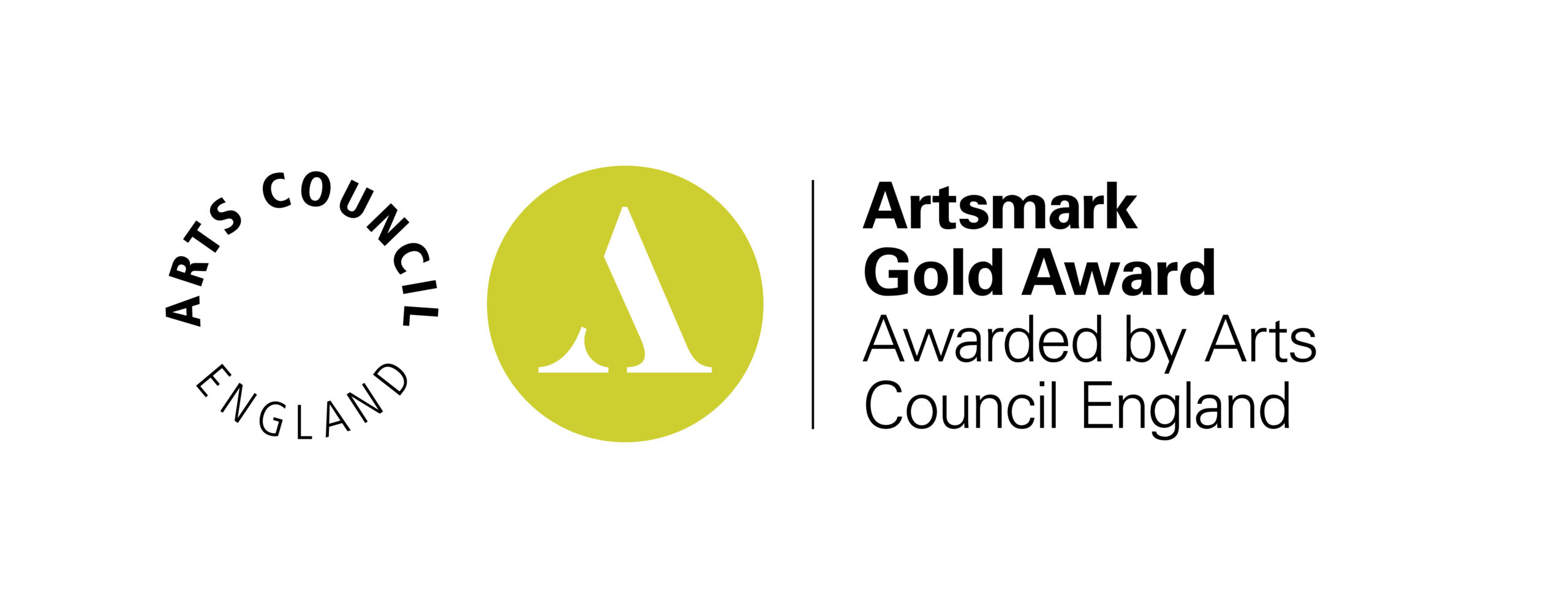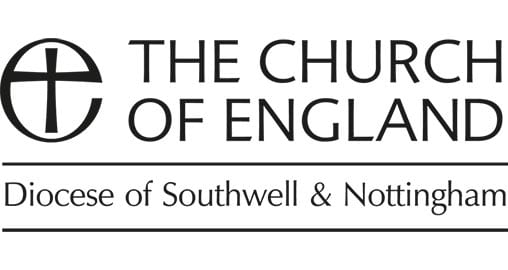Why study drama?
Being able to communicate confidently, listen to people and collaborate as part of a team are all important qualities that are needed in many modern workplaces. Drama will give you the opportunity to work with a range of people, to make decisions, solve problems and try out different situations that you might have to face at some time in the future.
You will explore all aspects of drama, from performing script based work, to devising your own piece of theatre with a clear purpose. You will also develop your ability to reflect on your own work and that of others. You will take on the roles of performer, director, designer and deviser.
What will I learn?
Component 1
Exploring the performing arts – internal assessment
Component 2
Developing skills and techniques in the performing arts – internal assessment
Component 3
Responding to a brief synoptic – external assessment
How will I be assessed?
- Internally assessed (75%) – (50% of this is practical, 50% written)
- Externally assessed (25%) – (25% of this is practical, 75% written)
Future pathways and careers
- Continue studies at Hucknall Sixth Form Centre or further study at college or university
- Actor
- Theatre production
- Script writing
- Set designer
- Director
Course contact
Mrs E Brunt
ebrunt@queenelizabeths-ac.org.uk




